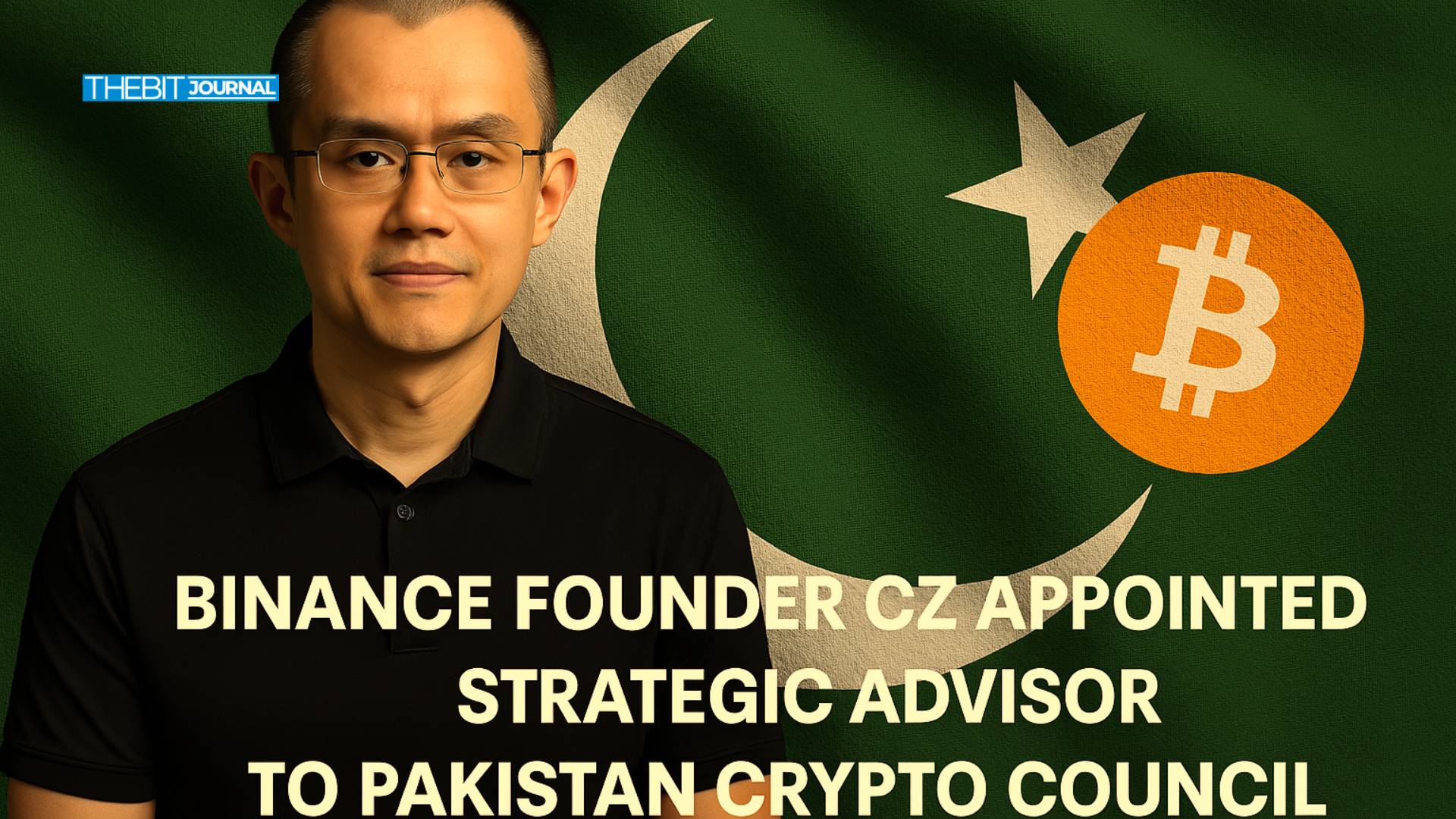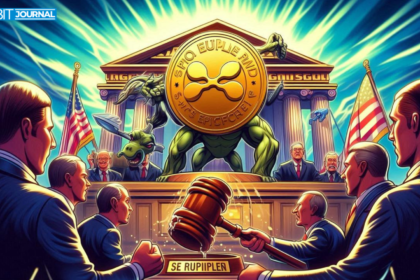Changpeng Zhao (CZ), the founder of Binance, has been appointed as a strategic advisor to the Pakistan Crypto Council (PCC). This appointment signals a new era for Pakistan’s digital finance sector as the country positions itself to become a key player in the global cryptocurrency landscape.
With a growing interest in blockchain technology and digital assets, Pakistan is tapping into CZ’s wealth of experience to steer its crypto strategy, hoping to create an ecosystem that fosters innovation, attracts investment, and ensures regulatory clarity.
The collaboration promises to bring significant changes to the country’s financial framework, placing it at the forefront of digital transformation in Asia.
A Strategic Move Towards Digital Transformation
Established in March 2025, the Pakistan Crypto Council operates under the leadership of Finance Minister Muhammad Aurangzeb and CEO Bilal Bin Saqib. The council’s mission is to develop regulatory frameworks and promote blockchain technology and digital assets within the country.
CZ’s involvement brings a wealth of experience, having previously served as the CEO of Binance from 2017 to 2023. His role as a strategic advisor will focus on guiding the council on cryptocurrency regulation, infrastructure development, education, and adoption strategies.

Pakistan’s Growing Crypto Landscape
Pakistan has demonstrated a keen interest in digital finance, with a significant portion of its population engaging in cryptocurrency transactions. The country’s large and youthful demographic presents a fertile ground for Web3 innovation. Over 60% of Pakistan’s 240 million citizens are under the age of 30, highlighting the potential for rapid adoption of digital financial solutions.
In 2024, Pakistan ranked ninth among Central and Southern Asia and Oceania countries in terms of crypto adoption, according to Chainalysis. This high ranking is attributed to strong retail adoption and active transactions at centralized services.
Government’s Commitment to Digital Finance
The appointment of CZ underscores the Pakistani government’s commitment to integrating blockchain technology into its financial sector. Finance Minister Aurangzeb remarked, “This is a landmark moment for Pakistan. We are sending a clear message to the world: Pakistan is open for innovation.”
Additionally, Bilal Bin Saqib, CEO of the PCC, stated,
“Pakistan is opening its doors to the future of finance. And who better to guide us on this journey than CZ—a pioneer who built the world’s largest crypto exchange and changed the way billions think about financial freedom.”
CZ’s Perspective on Pakistan’s Potential
Expressing optimism about Pakistan’s digital future, CZ noted,
“Pakistan is a country of over 240 million people, and more than 60% of the population is under 30. The potential here is immense.”
Looking Ahead
FAQs
Who is Changpeng Zhao (CZ)?
Changpeng Zhao, known as CZ, is the founder of Binance, one of the world’s largest cryptocurrency exchanges. He served as CEO from 2017 to 2023.
What is the Pakistan Crypto Council (PCC)?
Established in March 2025, the PCC is a regulatory body focused on developing regulations and promoting blockchain technology and digital assets within Pakistan.
What will CZ’s role as a strategic advisor entail?
CZ will provide guidance on cryptocurrency regulation, infrastructure development, education, and adoption strategies to the PCC.
Why is Pakistan focusing on digital finance?
With a youthful population and increasing crypto adoption, Pakistan aims to leverage digital finance to drive economic growth and innovation.
Glossary of Key Terms
Blockchain Technology: A decentralized digital ledger that records transactions across a network of computers.
Cryptocurrency: A digital or virtual form of currency that uses cryptography for security.
Web3: The third era of the internet, focusing on decentralized technologies and user-centric platforms.
Regulatory Framework: A set of rules and regulations that govern a particular industry or sector.
Digital Assets: Assets that exist in digital form, including cryptocurrencies and tokenized assets.






























